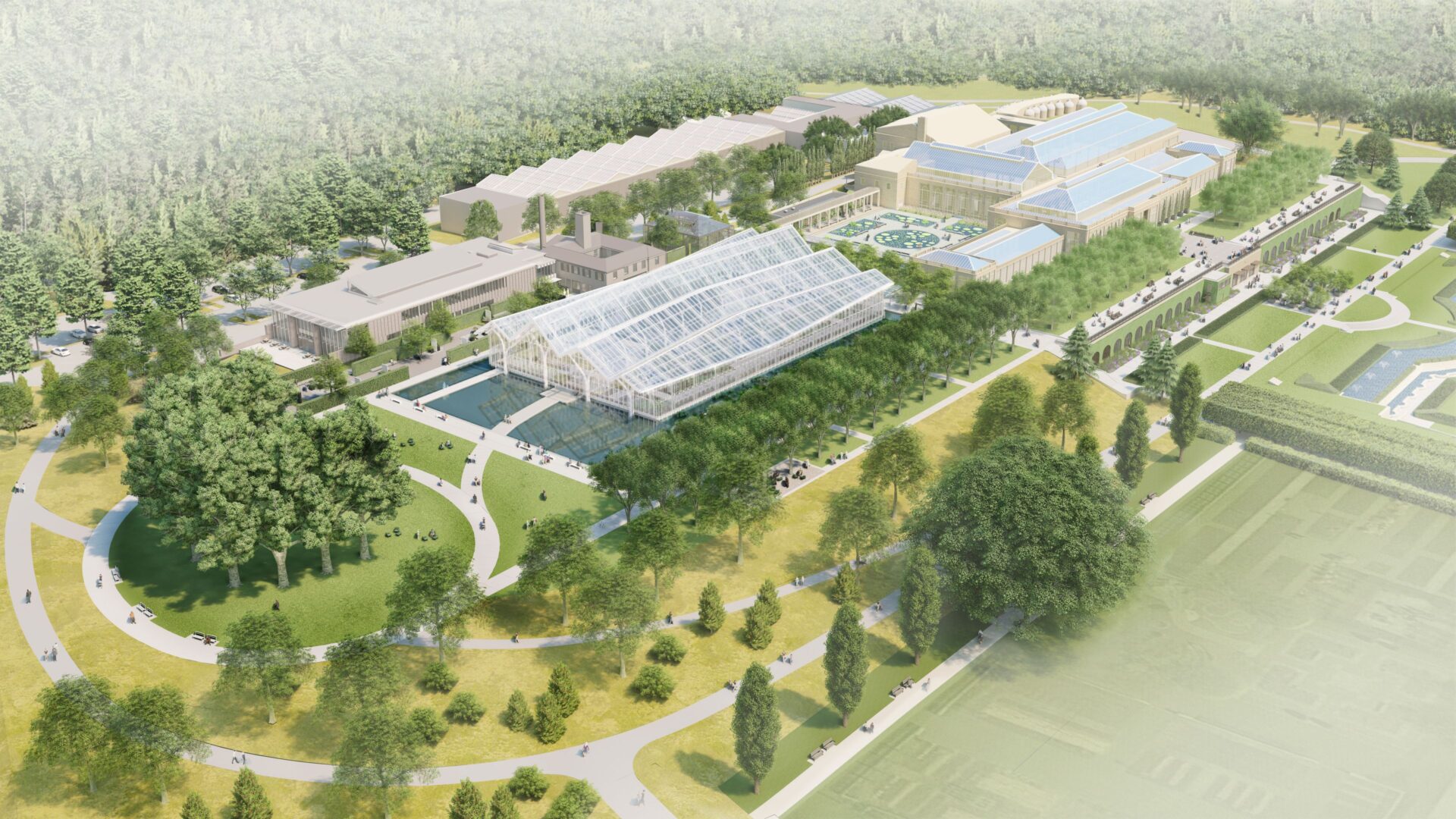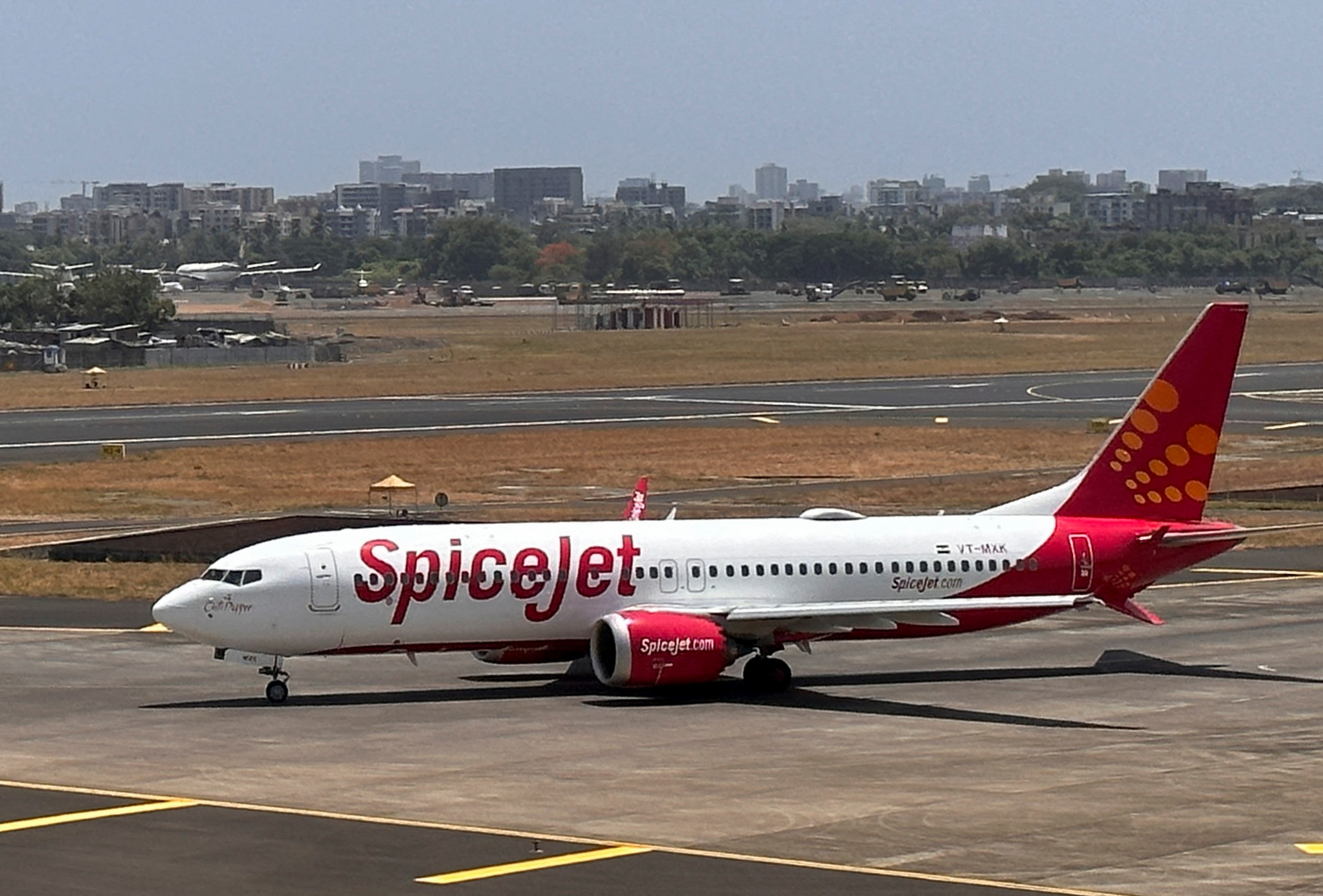The proposed plan of the Assam government to construct a Greenfield Airport at Doloo in Silchar using part of a tea garden has been halted after the Supreme Court of India issued its order setting aside the National Green Tribunal’s (NGT) clearance.
The top court while hearing a civil appeal on May 6 noted that no environmental clearance was obtained for the project. The apex court also found that the state government produced wrong information regarding uprooting 4,190,000 tea bushes and questioned the role of the NGT in this matter, reports Biswa Kalyan Purkayastha for HT.
A special three-judge bench comprising Chief Justice of India Dhananjaya Y Chandrachud, justice J B Pardiwala and justice Manoj Misra heard a plea filed by West Bengal-based environment activists Tapas Guha, Pradip Roy and Baidyanath Sengupta on April 8 and gave a verdict on May 6.
A civil appeal was filed before the Supreme Court on January 25 after the NGT dismissed an Original Application filed by Guha and others. On April 8, the apex court ordered the state and Union government to maintain the status quo in Doloo.
On April 22, the Assam government filed an affidavit before the Supreme Court and claimed that the tea bushes were uprooted as a part of regular cultivation.
The member secretary of the State Environment Impact Assessment Authority, in the affidavit, wrote that tea cultivation falls under the category of “Special Cultivation” for which the state government allots land within the ambit of Rules under the Assam Land and Revenue Regulation, 1886.
“Tea bushes and shade trees are removed and uprooted in regular intervals once the trees grow old and there is loss of production of tea. Generally, Siris tree species (Albizia lebbeck/albizia procera) which are fast-growing indigenous species of Assam, are planted as shade trees/cover crops and primarily used to meet the requirement of fuel wood for workers in the tea gardens. As per the Assam Tea Garden Act/Policy, clearing of tea bushes and shade trees is permissible,” the affidavit read.
“Moreover, tea bushes are considered as agricultural crops (Special Cultivation) and uprooting activity of such tea bushes and shade trees do not fall under any of the project/activity to the Schedule of the EIA Notification S.O. 1533(E) Dated 14.09.2006,” it further read.
A separate survey was conducted by a team headed by district court judge Salma Sultana under the Supreme Court’s direction. The report was submitted on April 27, where Sultana said that the mentioned area is a dense forest and the area where the tea bushes were allegedly uprooted was not visible.
However, the report had the statement of a circle officer who revealed that 41,95,909 tea bushes were uprooted in the Doloo tea garden. The District Legal Service Authority (DLSA) recorded statements from tea garden workers, the manager of the garden, circle officers and officials of the land settlement department.
After cross-examining the statements, it was found that 200 to 250 JCB (excavators) worked day and night to uproot tea bushes and cut shade trees in Doloo which started on May 12, 2022. During the operation, the locals were prevented from going out of their homes and the local administration imposed section 144 CrPC in that area.
The bench observed that the clearance was not a part of the regular maintenance of the tea estate but to facilitate the proposed new airport.
“The State Government in the affidavit (on 22 April 2024) stated that tea bushes are removed routinely as a part of regular tea cultivation, for which no prior Environmental Clearance is required. The site was handed over to them by the tea garden authorities in June 2022, which means the local inhabitants destroyed the forest. However, It is inconceivable that an organised operation involving over 200-250 JCBs was done at the behest of the tea garden workers. Moreover, it has emerged that on 11 May 2022 orders were issued by the District Magistrate under Section 144 CrPC,” the court said.
“This was a prelude to the organised activities which took place in May 2022, as recorded in the statements appended to the report of the DLSA. The affidavit of the Joint Secretary to the State government has been rather liberal with the truth by suppressing the actual state of facts,” the bench wrote questioning the credibility of the state government’s affidavit.
The bench said that infrastructure development is important but the environmental regulations are framed to minimise the adverse ecological impacts during construction.
They criticised the NGT for allegedly neglecting the importance of ecological balance by ignoring the appeals made before this Greenfield Airport project in Doloo.
“Such negligence on the part of the tribunal sets a concerning precedent, eroding public trust in the efficacy of environmental governance mechanisms,” the bench said.
The bench further noted the clearing activities were done contravening the Environmental Impact Assessment (EIA) notification of 2006 and maintained that no activity breaching the 2006 notification should occur. “Development has to be in conformity with environmental standards prescribed by the law. In consequence, there shall be a direction that absolutely no activity shall be carried out in breach of the provisions of the Notification dated 14 September 2006 at the site of the proposed greenfield airport at Silchar.”
“In the event that any application for the grant of Environmental Clearance has been filed or is filed hereafter, the processing of the application shall take place on the basis of the condition of the site as it existed prior to the date on which the illegal clearance of the tea bushes and shade trees took place in the proposed site of the Greenfield airport,” it further said. (Source: HT)






